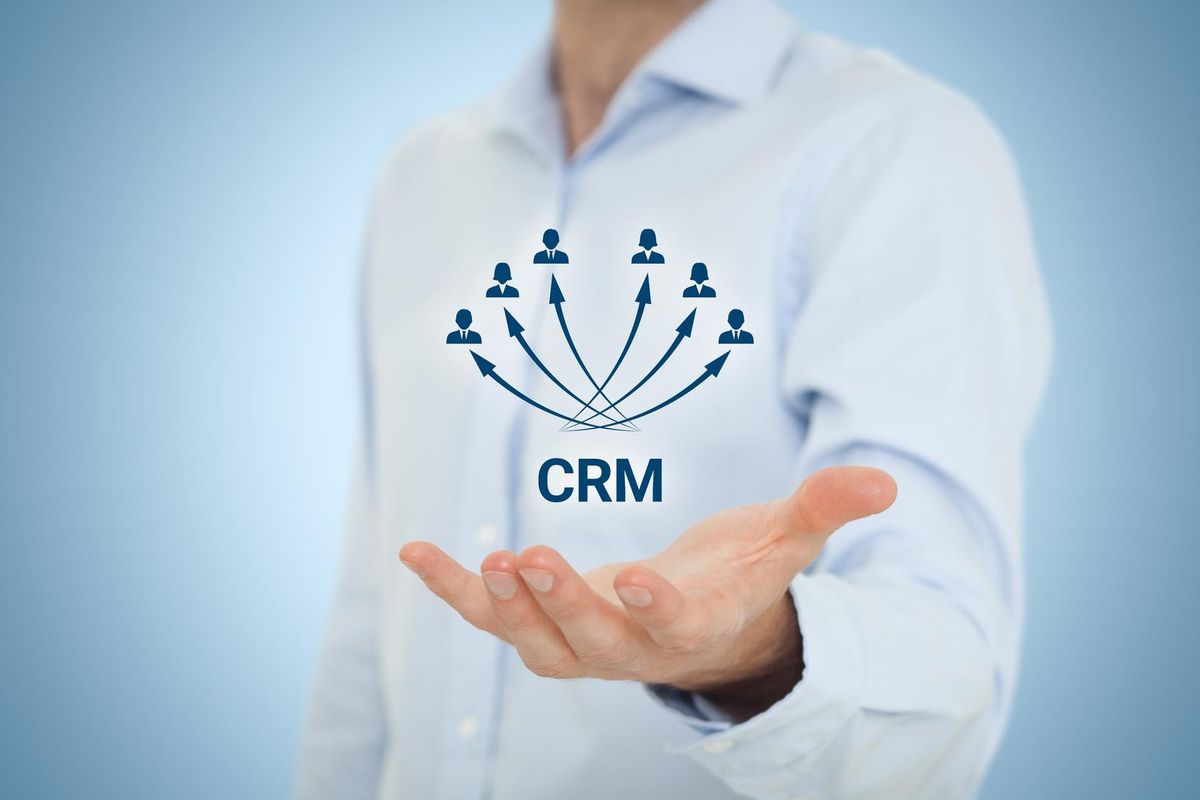
Understanding Customer Relationship Management
Managing sales data and processes can be simplified using today's software solutions. While these applications used to be beyond the price range for most small businesses, they're now affordable. Moreover, they heighten the productivity of smaller companies.
These products automate nearly all of the tasks that salespeople and their support staffs once performed manually. As a category, these products are generally referred to as customer relationship management (CRM) solutions.
CRM applications started as simple contact-management softwares that salespeople ran on their PCs. Then, vendors began to develop products that automated a larger number of processes, tying together all of the organization's sales data into one comprehensive source.
Though the features of a CRM solution can vary from product to product, there are a few industry-standard functions:
- Contact manager. A CRM solution must have a powerful yet easy-to-use contact manager in order to track sales leads and have instant access to relevant client information.
- Marketing encyclopedia. This feature includes a base of information about different vertical industries, competitors, and products. It's a valuable tool that cuts research time and keeps you informed as to your clients' needs.
- Forecasting module. The forecasting module lets you analyze where and when leads are generated. This information will help you to determine how to spend future advertising and marketing budgets.
When looking for a CRM solution, these features aren't necessarily standard but you may find them helpful:
- Localization support. This is an excellent feature if you have international customers. A CRM product with localization will automatically convert data, such as currency information, to its foreign equivalent. Add a rate-of-exchange feed and you can get automatic and up-to-date exchange rates for world currency.
- Support for mobile devices. Not all CRM software includes support for personal digital assistants (PDAs), but if your sales force uses Palm organizers or Windows CE devices and needs access to CRM modules, look for software that offers connectivity options for popular handhelds.
- A Web-centric approach. Like many other applications, CRM solutions are becoming Web based, are built entirely on Web technologies, and can be accessed through a Web browser. These applications are generally more affordable, easier to implement, and easier to maintain than their client-server counterparts.
More articles from AllBusiness.com:



